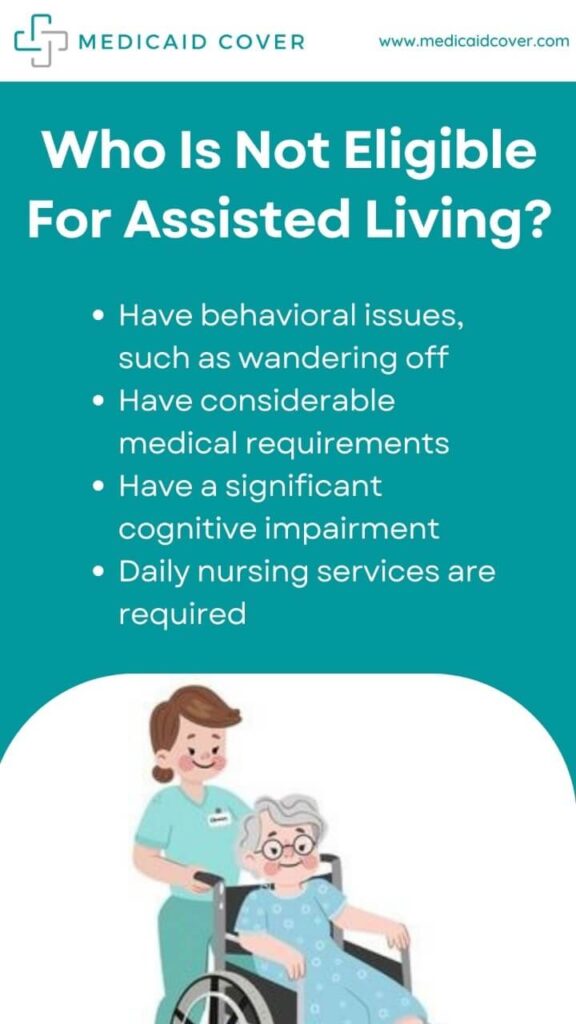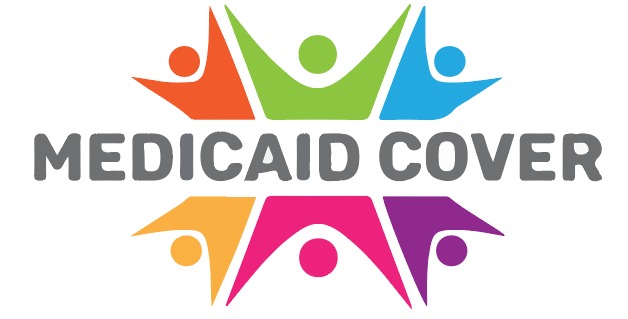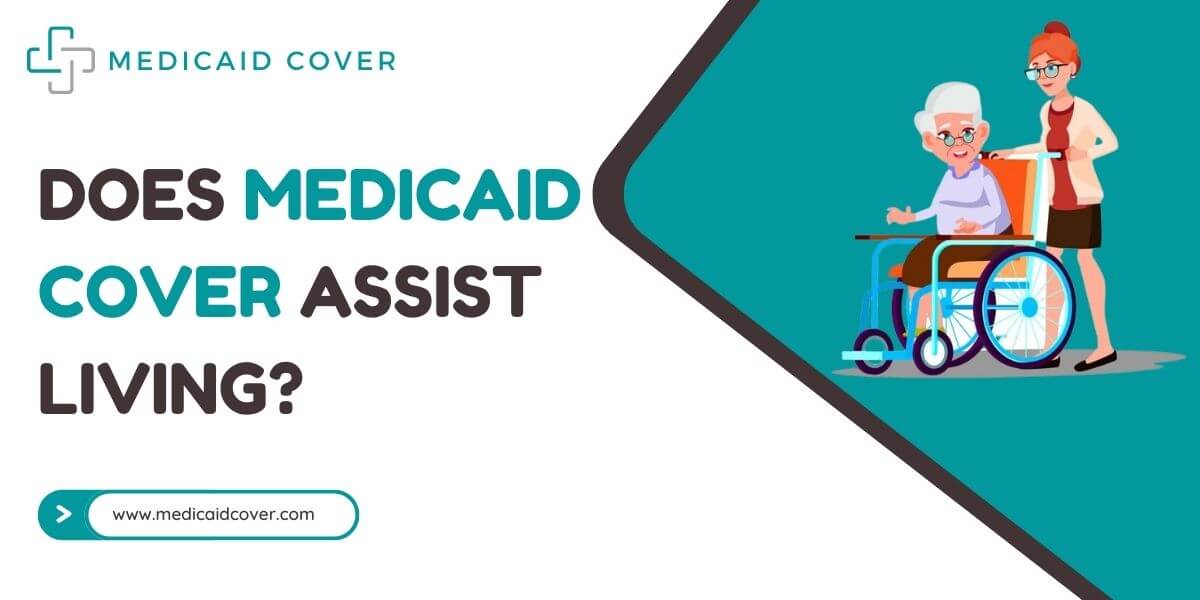The quick answer is “it depends” on multiple factors because Medicaid in the majority of states partially covers Assisted Living. But it’s quite challenging to respond to this question.
Each nation has the right to enact the rules and regulations as they see fit because the states and the federal government partly fund Medicaid. Because of this, the regulations vary based on where you live in each state.
To assist you in understanding the concept as a whole, there are a few basic characteristics that we shall outline. So, to learn more, keep reading.
What Is Assisted Living?
We may need to provide more information about assisted living before evaluating whether your Medicaid would cover it. These senior living facilities are for people who can live independently but need help with some daily tasks.
This calls for taking a bath, getting up and moving around, eating, dressing, and other tasks.
Assisted Living is housing for the elderly & disabled who need extra care but are mainly independent. The living sections can be set up as separate rooms, flats, or communal rooms. The objective is to reassure the patient and promote their independence.
Read Also:
How Can You Avoid Medicaid Look Back Period For 5 To 7 Years?
Does Medicaid Cover Assist Living?
The federal government and each state’s government contribute funding to Medicaid. It enables older people, low-income families with children, pregnant women, and other people with high healthcare need to obtain services they would otherwise not be able to afford.
The federal government mandates that every state offer specific services to Medicaid recipients. Along with some surgical and specialist services, these also include primary care and ambulatory care.
Even though Medicaid is a nationally overseen program, each state is in charge of running its own Medicaid program; as a result, coverage for extra services may differ from state to state.
States may choose to offer Home & Community-Based Services (HCBS) waivers, exempt from long-term care Medicaid requirements. The federal government provides this option.
The minimum monthly cost of assisted Living for seniors in the United States is $4,500, according to the Genworth 2020 Cost of Care Survey.
Considering over 7.2 million low-income seniors nationally receive Medicaid support, many people who require long-term care in assisted living facilities worry if Medicaid might help them pay the bill.
Analyzing the possibilities can be difficult when getting financial assistance for assisted Living. Although Medicaid doesn’t provide federally mandated assisted living coverage, most states have their own Medicaid programs.
-
Regular State Medicaid
Federal law requires that state Medicaid, an entitlement program, provide various health care benefits. For instance, all states must pay for nursing home care for all people who fit the criteria.
Further advantages are up to the state’s choice, like personal care under the state plan. If a state offers personal care assistance and a person meets the eligibility requirements, they will get services because regular state Medicaid payments are guaranteed to eligible persons. For help, there is never a waiting list.
Assisted living services are provided through state plans and the standard state Medicaid program. The Affordable Care Act makes it feasible for states to implement a 1915(k) Community First Choice (CFC) program.
Home and community-based services, such as attendant services in assisted living facilities, are provided through CFC. 1915(i) Home and Community-Based Services, a different state plan option, provides support services for independent Living.
Like the standard state Medicaid plan, participant participation cannot be restricted by geographic area within a state.
-
HCBS Medicaid Waivers
Home & community-based services are available in most states. Medicaid Waivers, also known as 1915(c) Waivers, let people avoid nursing homes by allowing them to stay at home or in the community.
With advantages like personal emergency response systems, adult day care, respite care, home modifications, personal care assistance, home health aides, meal delivery, and housekeeping, waivers help people live independently.
Elderly and disabled people can live in various settings and get Medicaid-funded services because of HCBS Medicaid Waivers.
People may live at home, in the home of a relative or friend, or in an adult foster care facility, albeit the particular settings vary depending on the state in which one resides and the waiver.
In contrast to the state Medicaid program, waivers might not be offered everywhere and might focus on particular populations.
For instance, Virginia only provided assisted living services to those with Alzheimer’s disease and related dementias through an HCBS Medicaid Waiver. Unfortunately, the waiver program has expired and will not be renewed.
What Medicaid Does Cover In Assisted Living?
The benefits that Medicaid will cover differ depending on the state where one resides and the particular Medicaid program in which one is enrolled.
People who dwell in assisted living facilities typically have access to the following services :-
- Personal Assistance with Care (help with dressing, bathing, toileting, and eating)
- Housekeeping Services (housecleaning, laundry, shopping for essentials such as groceries, and meal preparation)
- Management of Transportation Cases
- Systems for Individual Emergency Response
The lodging and board element of assisted Living is not covered by Medicaid. Nevertheless, many states provide an elective SSI state supplement (OSS). This is a financial aid scheme to assist with lodging and board expenses.
This benefit, also known as state supplementary benefits, adds to a person’s current federal SSI payments.
As of 2018, the CDC reported that over 918,000 Americans were residing in assisted living facilities. It is unquestionably anticipated that this figure will continue to increase as the population ages.
Which States Cover Assisted Living?
Currently, 44 states will use Medicaid to pay for a portion of the cost of assisted Living, but not all of them will do the same.
You should know that this service may go by several names in different states, including board and care homes, adult family care, alternative care facilities, dementia care homes, and congregate Living.
The following states allow Medicaid to cover Assisted Living :-
- Alaska
- Arizona
- Arkansas
- California
- Colorado
- Connecticut
- Delaware
- Florida
- Georgia
- Hawaii
- Idaho
- Illinois
- Indiana
- Iowa
- Kansas
- Maryland
- Massachusetts
- Michigan
- Minnesota
- Mississippi
- Missouri
- Montana
- Nebraska
- Nevada
- New Hampshire
- New Jersey
- New Mexico
- New York
- North Carolina
- North Dakota
- Ohio
- Oklahoma
- Oregon
- Rhode Island
- South Carolina
- South Dakota
- Tennessee
- Texas
- Utah
- Vermont
- Washington
- West Virginia
- Wisconsin
- Wyoming
Despite the possibility that your state is included on this list, keep in mind that each has its regulations. The best thing you can do to get more information is to contact your local Area Agency on Aging or AAA.
Additionally, you can always phone your Medicaid agent and speak with them if you have any questions.
Who Is Eligible For Medicaid Assisted Living?
After going through the basics, we can examine who qualifies for this program. To qualify, the person must meet specific financial and functional requirements and find a service that accepts Medicaid.
- Financial Requirements : In addition to devoting your current assets to care, you would need a meager salary and almost no help. Medicaid proposes to cap applicant income at the federal benefit rate or 100% of the national poverty level.
- Functionality is a must. Before accepting an application, a few things need to be considered.
Who Is Not Eligible For Assisted Living?
To be clear, there are particular situations where a person might not qualify for assisted Living.

Here are a few of these instances :-
- Have behavioral issues, such as wandering off.
- Have considerable medical requirements.
- Have a significant cognitive impairment.
- Daily nursing services are required.
Who Can Get Medicaid Assistance For Assisted Living?
While the federal government mandates that Medicaid cover low-income persons over 65 and those who are blind or have a disability, states are free to choose their standards.
A person’s financial situation frequently determines requirements. However, each state has a different cap on how much money someone can have in savings or other assets before being eligible for Medicaid.
States occasionally modify the thresholds to account for dependents or spouses who don’t need assisted Living. However, seniors typically have to spend practically all their savings before becoming eligible for assistance under their state’s Medicaid program for assisted Living.
Other Ways To Pay For Assisted Living
Medicaid is not always an option for paying for assisted Living. Some may not be eligible, while others may be placed too far back on the waitlist to enroll or get benefits when required. Families then look to alternative possibilities like private funding sources, insurance policies, or veteran benefits when that occurs.
Private Pay : For those who can pay for assisted Living out of pocket, the process may be significantly easier than signing up for benefits or insurance.
Adults can purchase long-term care insurance, similar to life insurance, if they require assisted Living or other comparable services.
Before you need to be assisted living benefits, you pay a monthly fee (typically starting in your 50s or 60s) under these programs.
The insurance provider then pays back any expenses your policy covers when you require additional care. Remember that every approach is unique, so be sure you know what and how much is covered by yours (maximum daily or maximum lifetime benefit).
Additionally, specific long-term care insurance policies could have a waiting period.
Veterans Benefits : According to Patrick Simasko, an elder law attorney and wealth preservation specialist at Simasko Law in Mount Clemens, Michigan, veterans, and surviving spouses may also qualify for a benefit through the Department of Veterans Affairs.
Those who meet the Aid & Assistance program requirements are paid monthly to help with some assisted living costs.
Adults who own their homes may decide to apply for a reverse mortgage to cover assisted living costs or other obligations. In essence, reverse mortgages are lump-sum cash loans that can be paid back over time in monthly installments.
In contrast to more conventional loans, reverse mortgages don’t require repayment until the final borrower passes away, vacates the property for a year, or decides to sell it.
How To Find An Assisted Living Residence?
Finding a suitable assisted living facility could be more complicated than you think. Most homes will not accept Medicaid due to the subpar reimbursement rates. Additionally, these facilities frequently only have a small number of beds available for Medicaid patients.
The best course of action is to receive a list of homes that accept Medicaid by contacting your neighborhood AAA, Area Agency on Aging, or Medicaid support agent.
Conclusion :-
Medicaid can be your best alternative if you or a loved one needs assisted Living. While legally, Medicaid cannot cover room and board, the expense will be minimized or limited to help low-income families.
Frequently Asked Questions
How much will Medicaid cover in terms of assisted Living?
Depending on where you live, costs might range from $2,000 to over $6,000 per month. Medicaid might, but Medicare won’t cover this kind of care.
Can Medicaid help with the cost of assisted Living?
The expense of assisted Living, including memory care (Alzheimer’s care units), is, in fact, partially covered by Medicaid. For seniors who satisfy the eligibility standards, Medicaid may also cover emergency response systems and skilled nursing in this setting, in addition to long-term care services like personal care and homemaker support.
Medicaid and Medicare both cover assisted Living, right?
Medicare ever covers no sort of assisted Living. No Medicare plan, not Medicare Advantage or Medigap, offers long-term care insurance to cover assisted living costs. However, like home or auto insurance, you can buy long-term care insurance from a private insurer.
Does every assisted living facility accept Medicaid?
Remember that not all assisted living communities accept Medicaid if you intend to utilize it to pay for your stay there. Additionally, most states impose a cap on the number of senior waivers that can be requested, and the wait times can be lengthy.

